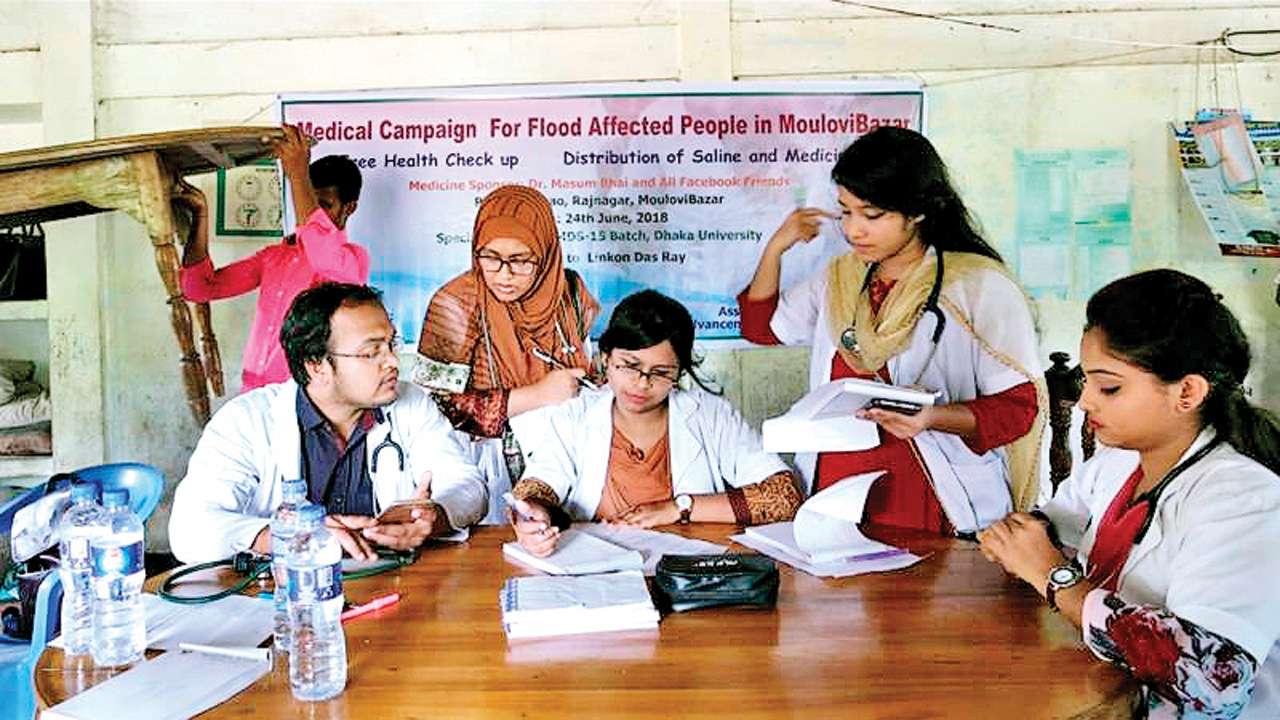
In a judgment having wider ramifications, the Gujarat High court, on Friday, quashed and set-aside a government resolution (GR) of June 28, 2013, that made it mandatory for post-graduate medical students studying in government-run medical colleges to furnish a bond of Rs 10 lakh as a guarantee to serve in rural areas for a period of three years after completion of their course.
The verdict came in response to a bunch of petitions filed by PG medical students from the single judge bench of Justice Bela Trivedi, which held the government's diktat as "unreasonable" and in contravention of the Constitution.
During the hearing, one of the counsels for the petitioner-students, Falguni Patel, had contended before the court that the impugned GR was too harsh and without any rationale or logic behind it. She also argued that the GR was discriminatory as it exempted PG students who had opted for non-clinical subjects and those selected under all India quota from executing the bonds. It was also argued that there are no posts for specialist doctors and the required infrastructure for various clinical branches in the rural health set-up of the government, but the students are still forced to execute the bond.
On the contrary, the state government contended that the prevalence of bonds for medical students is there since 1972 and with the passage of time only the amount and tenure has been increased. The state's counsel also argued that the government is incurring huge expenditure on medical education while charging a nominal fee from students and there is an acute shortage of doctors in rural areas, which is required to be filled-up. It was also argued that the bond system is prevalent in other states as well and was implemented to improve the public healthcare system. It was also submitted that the condition of bond execution was deleted for students of non-clinical branches as no posts are there in primary health centres and community health centres.
The court, however, rejected the contentions of the state government. It said the expenditure incurred by the state on medical education cannot be permitted to be recovered from a class of students who have got admission in PG courses on their own merit, on the ground that they had not served in rural areas. The court also said that the problem of shortage of doctors in rural areas cannot be undermined, but at the same time, the GR, opposed to public policy, cannot be countenanced.
It also remarked that as per the government's own data, the policy of execution of bond has hardly served any purpose, as a large number of positions in the government's rural health set-up are vacant.